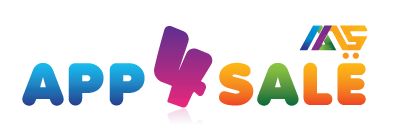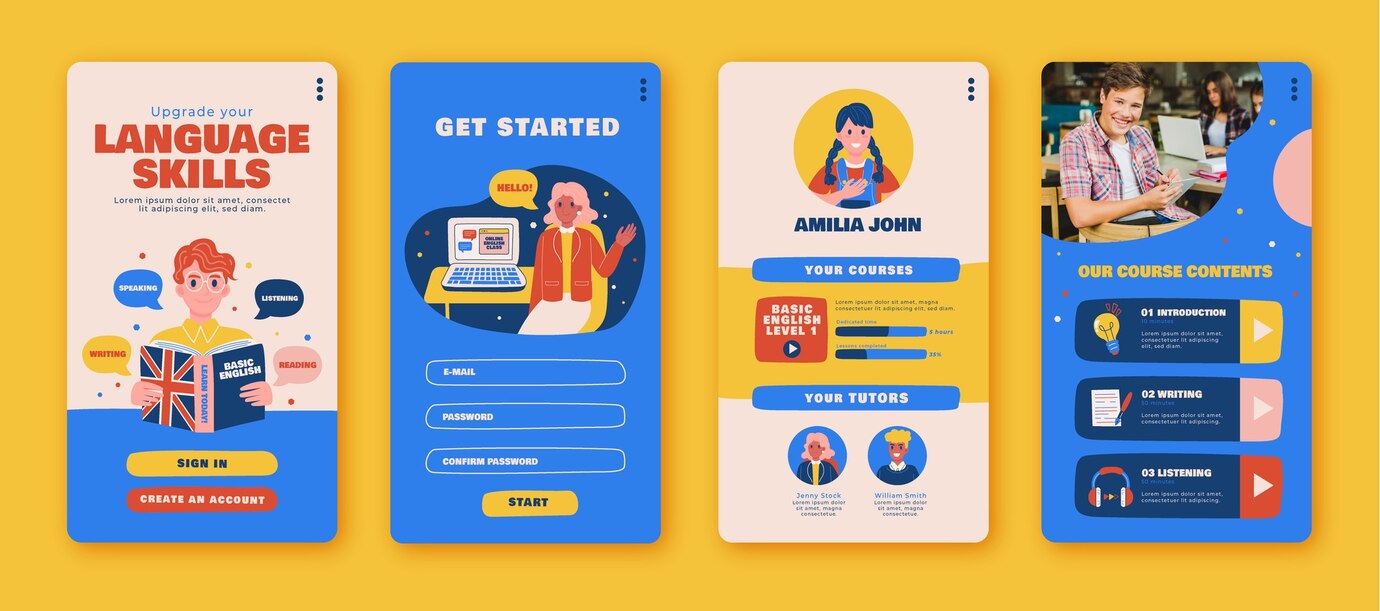Introduction
With the rapid growth of the digital world, traditional education methods are evolving. The Philippines has witnessed a surge in e-learning platforms due to the pandemic and the increasing demand for remote education. Whether you’re an educational institution, a training center, or an independent educator, having a custom e-learning platform can significantly enhance learning experiences and increase student engagement.
In this article, we will explore the advantages of developing a custom education website or e-learning platform for your educational business or institution.
1. Access to Learning Anytime, Anywhere
One of the key benefits of e-learning platforms is the flexibility they offer to students. Unlike traditional classrooms, online learning provides the freedom to study at one’s own pace and convenience. Features such as:
-
Asynchronous Learning: Students can access lessons and materials at any time, allowing them to learn when it fits their schedule.
-
Live Classes: Virtual classrooms and live-streamed lessons enable real-time interactions between instructors and students.
-
Offline Access: Many e-learning platforms offer offline access to courses, allowing students to continue learning even without an internet connection.
These features not only enhance the student experience but also help reach a broader audience, including those who may have limited access to traditional education.
2. Centralized Learning Management
A custom learning management system (LMS) allows educational institutions to manage and deliver their courses more efficiently. Some key features of an LMS include:
-
Course Creation and Enrollment: Educators can easily create, organize, and publish courses, while students can browse and enroll in the courses they wish to take.
-
Progress Tracking: Both students and instructors can track progress in real-time, providing valuable insights into learning outcomes.
-
Assignments and Assessments: Online quizzes, assignments, and assessments can be integrated into the platform, allowing educators to evaluate student performance seamlessly.
-
Certification: Once students complete their courses, they can receive certificates or diplomas, which add credibility to their educational achievements.
By centralizing all aspects of the learning process in one platform, educational institutions can improve efficiency and reduce administrative work.
3. Interactive and Engaging Features
Custom education websites and platforms can integrate features that make learning more interactive and engaging for students, such as:
-
Gamification: Using rewards, badges, and points systems to encourage students to complete assignments or achieve learning milestones.
-
Discussion Forums and Peer Interactions: Allowing students to interact with each other and instructors through discussion boards, creating a more social learning environment.
-
Video and Multimedia Content: Incorporating videos, animations, and other multimedia elements to make learning more dynamic and enjoyable.
Engaging features like these improve student retention and ensure a better overall learning experience.
4. Scalability and Flexibility
A custom e-learning platform is built to scale with your educational business. As your user base grows or your curriculum expands, your platform can easily accommodate new students, courses, and features. This scalability ensures that your platform can meet future demands without major overhauls.
5. Conclusion
Custom education websites and e-learning platforms provide numerous benefits for both educational institutions and students. By offering flexible learning options, interactive features, and centralized management, custom platforms can help you transform your educational services and stay competitive in today’s digital world. At App4Sale.ph, we specialize in creating custom e-learning solutions that cater to the specific needs of your institution or business. Contact us today to develop a platform that enhances learning and increases engagement.

